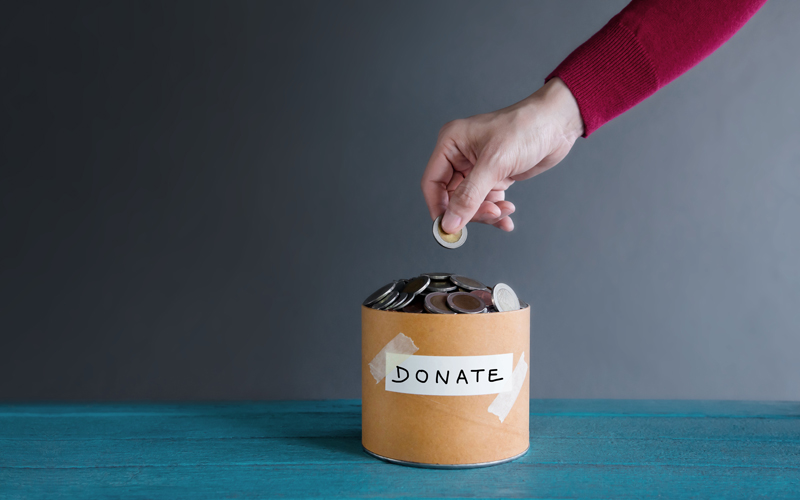Make sure your goodwill gesture is an approved charity donation before you claim it on your tax return.
With Australians expected to make significant charitable donations to support flood impacted areas, the Australian Taxation Office (ATO) is urging us to make sure that if we want to claim a deduction in our tax return for a donation that it meets the criteria to be tax deductible.
In the 2019-20 year, around 4.2 million Australians claimed deductions for $3.7 billion in gifts and donations to charities and not-for-profits.
Deductible gift recipient status
To be an approved charity donation, your donation needs to be made to a deductible gift recipient (DGR). Organisations or funds endorsed as DGRs are entitled to receive tax deductible gifts or donations. Not all charities and not-for-profits are DGRs. DGRs are either endorsed by the ATO, or in exceptional cases listed by name in the tax law.
But many crowdfunding campaigns that raise money for charitable causes and individuals in need, are not run by DGRs.
More on this: Make sure donation tax deductions are right in this year’s return
We know crowdfunding campaigns are growing in popularity, but they may not be run by a DGR. So it is important to check whether the campaign you’re supporting is an approved charity donations recipient. Otherwise your gift or donation may not be deductible at tax time. Taxpayers can confirm an organisation’s DGR status by checking the ABN Lookup on business.gov.au.
You can’t receive anything in return for your donation
If you receive something in return for your donation, for example you make a gold coin donation for a sausage sizzle or buy vintage goods from an Op Shop, this isn’t considered a tax-deductible gift.
And you must have a record of your donation. Most DGRs will usually issue a receipt, but they don’t have to. The ATO will accept third-party receipts as evidence under certain conditions. The receipt must identify the DGR and clearly state that the amount is a donation.
If you made donations of $2 or more to bucket collections conducted by a DGR for natural disasters, you can only claim a tax deduction of up to $10 for the total of those contributions without a receipt.
A useful resource is the myDeductions tool in the ATO app which can store photos of donation receipts throughout the year. Then at tax time you simply upload your donation information to myTax. Or send them through to your registered tax agent.




























Trending